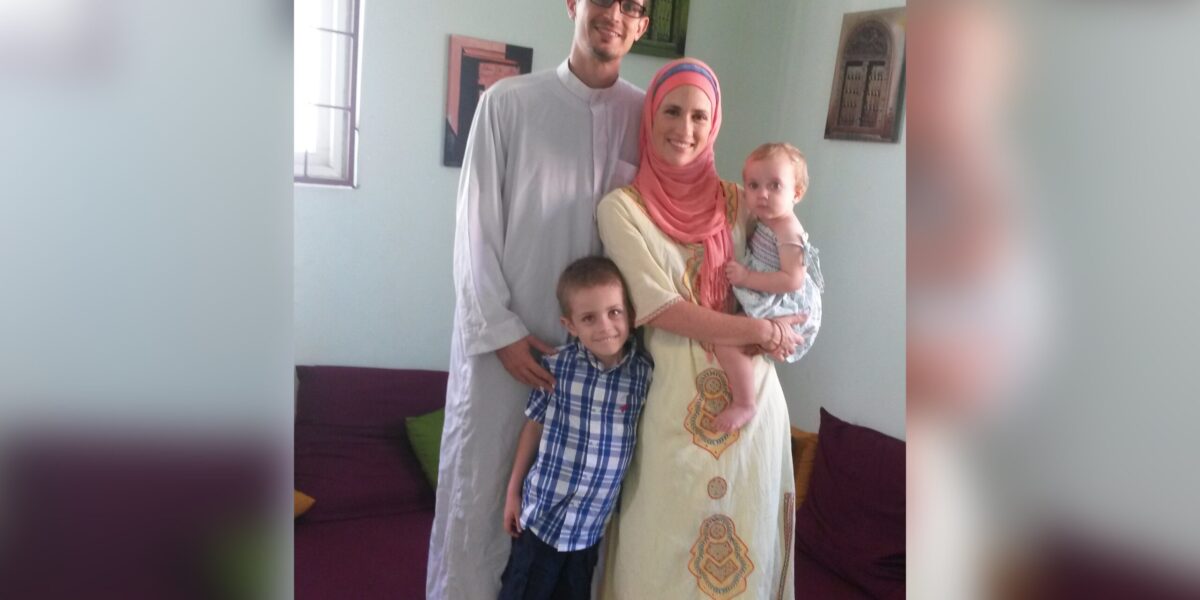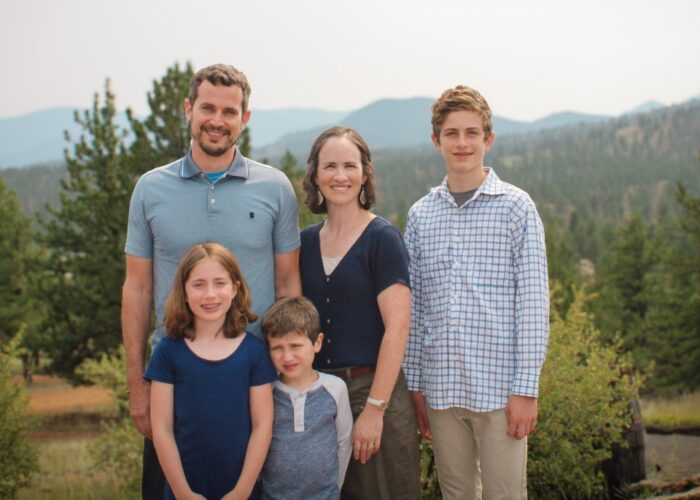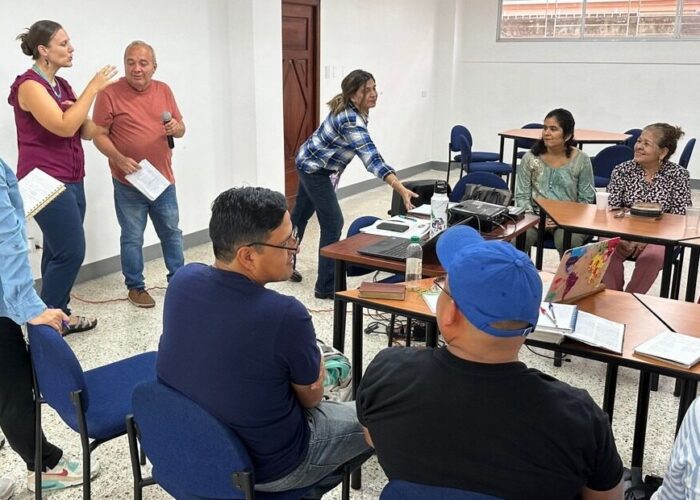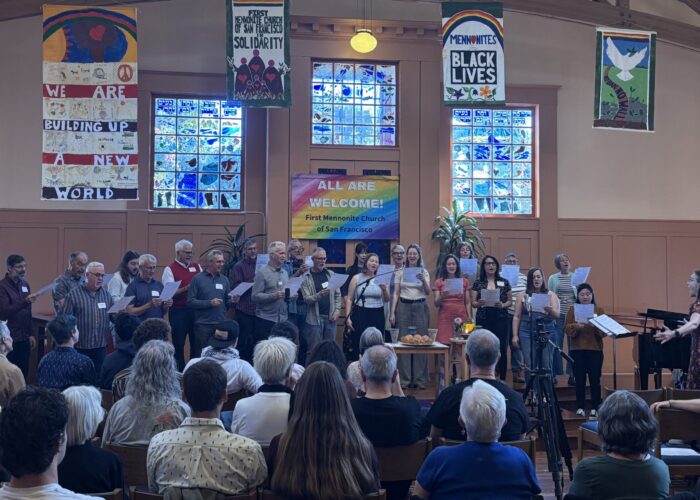This year, Ramadan begins at sundown on March 22. The ninth month of the Islamic calendar is a time for fasting, praying, studying the Qur’an and celebrating community. Peter Sensenig, who is now serving in Chad with his family, through Eastern Mennonite Missions and Mennonite Mission Network, describes his family’s experience of Ramadan and Eid al-Fitr during a previous mission assignment in Tanzania.
Our family served from 2015-2020 on the Tanzanian island of Zanzibar, which has an almost entirely Muslim population. The holy month of Ramadan and Eid al-Fitr, the feast that follows it, are very important in the life of the community.
During Ramadan, Muslims fast from sunup to sundown and pay special attention to their prayers and behavior. The Eid that celebrates the end of the month is a time of feasting, visiting neighbors and friends, and charitable giving. It is an occasion for considering the needs of others, making sure that everyone is cared for. The closest parallel to the spirit surrounding Ramadan in the Christian calendar would be the hospitality and sense of community that is demonstrated during the Christmas season.
Ramadan is also a time when details matter for Muslims. How you fast, how you break the fast, the words you say, the clothes you wear all have meaning. Our family did our best to show respect to our neighbors by paying attention to these details, as well.
all have meaning. Our family did our best to show respect to our neighbors by paying attention to these details, as well.
Every year, our neighbors shared cakes, cookies and sambusas, a pastry with a savory filling of meat or vegetables. We tried to do the same, in return.
One year, my wife, Christy, and I wanted to do something a bit more extravagant to show our appreciation for our neighbors. We asked our neighbor, Sayyid, who led the call to prayer in the local mosque, to help us buy and slaughter a goat, so we could share with our neighbors and friends.
"How should we distribute the meat?" I asked Sayyid.
He answered, "We should identify the people in the neighborhood who are most in need of some meat. I know exactly who needs this."
So that’s what we did. With Sayyid pointing us in the correct direction, we found ourselves knocking on doors with sacks of goat meat, then sitting in homes we had walked past many times but had never entered. It was the most joyful Ramadan we’ve ever experienced.
In her book, Pillars, Rachel Pieh Jones writes of her many years in the majority-Muslim country of Djibouti: "The stunning thing about Eid, the reminder I receive each year on this holiday, is that this is how I should live every day. How I could live every day, because of Jesus…. It was an entire month to say corporately, individually and physically, ‘This much, O God, this much I need you. This much I am thankful. With this hunger and this thirst, I come to you to be filled.’"
When the pandemic struck in 2020, we didn’t know what to expect. It was clear that Tanzania and Zanzibar would be hit hard by the drop in tourism. People could expect little support from the government. Those on the edges would suffer the most. We wanted to help in any way we could.
So, I approached Sayyid again to ask him how we could support our neighbors who were most in need. He said that some of our neighbors were struggling financially and could use some help. He was able to distribute the money we gave him. Because of our previous Ramadan experience, Sayyid already had the network in place.
In other words, Ramadan prepared the way for our response to a crisis, helping us keep the focus on the most vulnerable. And for all of us to say with Rachel Pieh Jones, "This much, O God, this much I need you."
Peter Sensenig teaches at Faculté de Théologie Evangélique Shalom,
(FATES — Shalom Evangelical University of Chad). A member of Eastern Mennonite Missions (EMM)
Christian-Muslim Relations Team, he has taught ethics and peacebuilding at the
Zanzibar Interfaith Center and in Somaliland, Ethiopia, and the United States.
He has a Ph.D. in Christian Ethics from Fuller Theological Seminary (Pasadena,
California) and is the author of Peace Clan:
Mennonite Peacemaking in Somalia.





